It’s not so long ago that I was an outsider – I rode bikes, but beyond my local bike shop, Wiggle, and a few brushes with British Cycling, I had no real idea about how things worked. Having spent my working life in the public sector, I also had no idea about how retail worked more generally. It’s been a big learning curve.
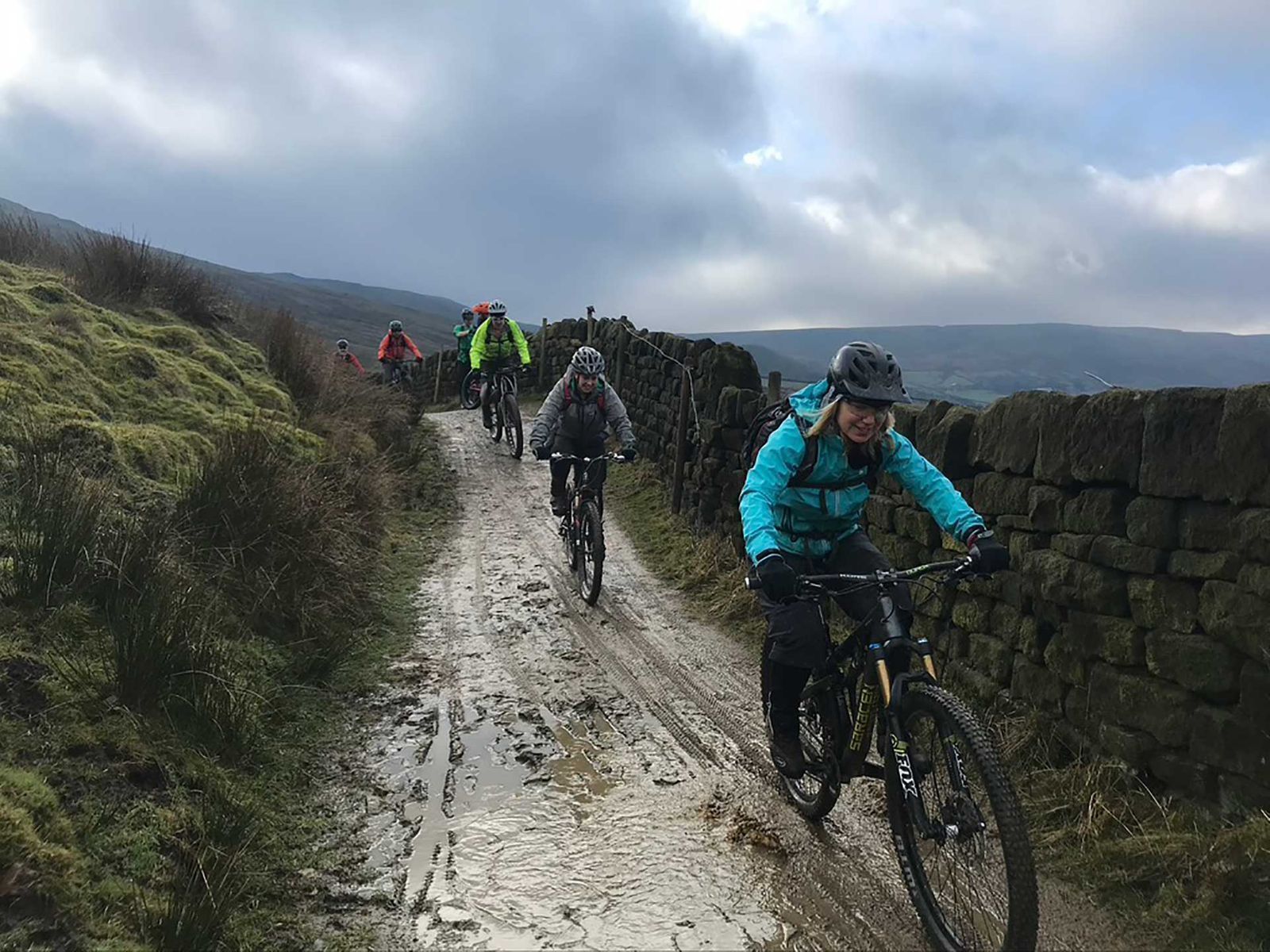
One of the things that has struck me over the years is that the bike industry is quite insular, and I believe this has contributed to its lack of diversity. Often recruitment happens from within the industry, or through riding friends – it’s how I got here – rather than because an accountant sees a job advertised on a jobs website. I believe the industry has realised that needs to change, but it’s a slow process. I also often see people on chat groups asking questions along the lines of ‘how can I turn bikes into my career?’. Hopefully this guide will help you see that there are more opportunities than the public face of guides, mechanics and bike shop roles that you tend to see as an every day rider.
Behind the Bike Shops
Have you ever stopped to wonder how the products you see and buy in a shop got there? In most instances there is a whole network of Distributors behind the products you see. Distributors act as the go between between the brands and the sales outlets, and usually have a portfolio of brands to their name. Sometimes there’s a bit of a theme or speciality to the Distributor’s line up, other times there’s a broad array of brands and products available.
Brands can switch between Distributors, and sometimes even have more than one Distributor within a territory, though an exclusive deal is more common. If a Distributor doesn’t deliver, a Brand will move on. The Distributor’s role may be to provide all marketing and PR as well as product supply to shops within their territory, or they may deal solely with the supply side. Depending on the size of a Distributor, there may be a rep or even whole team devoted to a brand, or there may be a single rep responsible for a handful of brands. Straight away, I hope you’re seeing here that there are jobs to be had. PR, marketing, sales, finance… even all the back office functions such as payroll and HR that go with the running of any business. There are usually staff deals and perks to be had on a Distributor’s brands, so ‘working with bikes’ doesn’t have to mean you spend half the year covered in mud or grease.
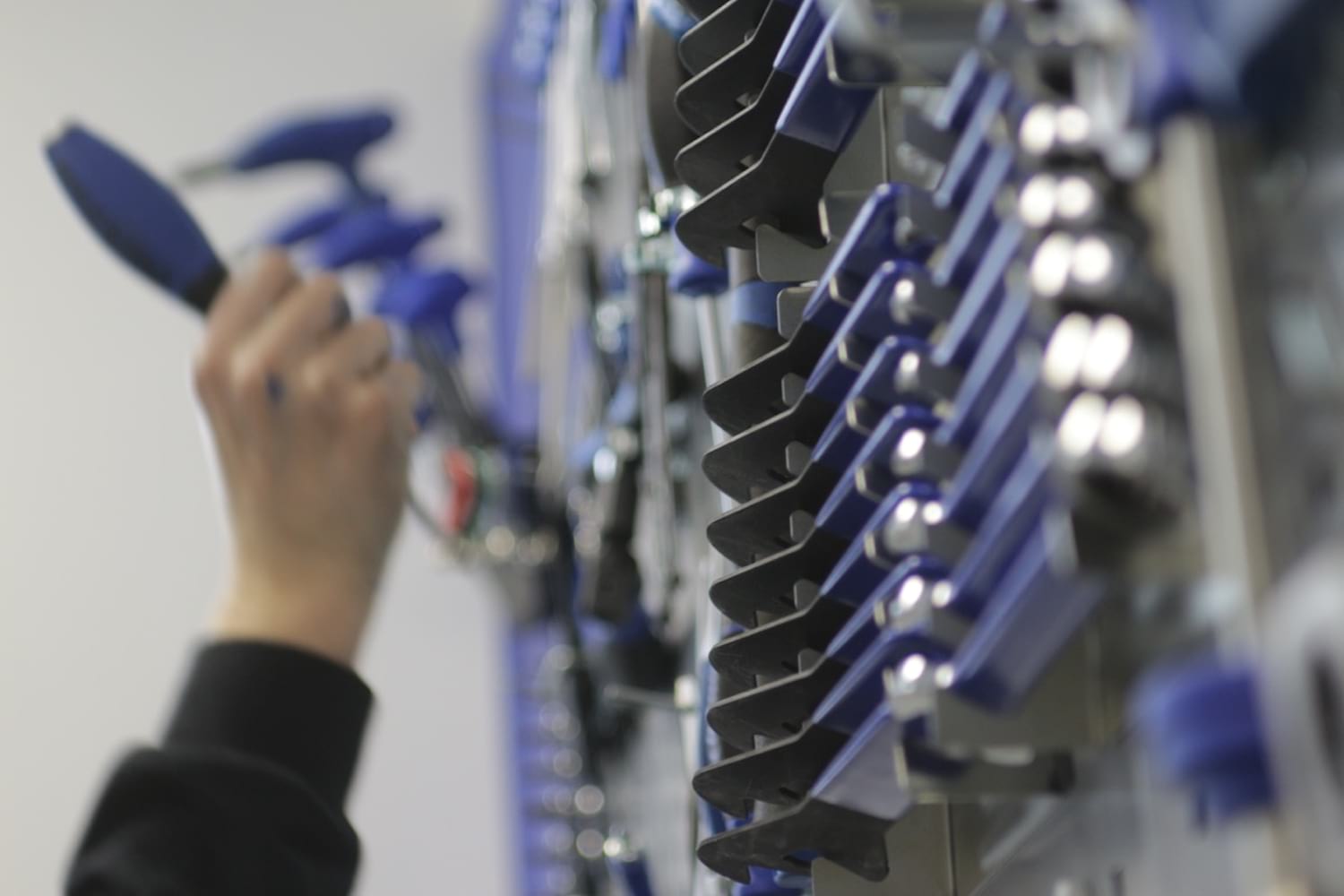
Some Distributor Examples
- Lyon – a distributor with a bit of an ‘adventure’ theme. Kit for bikepacking, heading off into the wilds, and waking up on a hillside.
- Extra UK – a distributor with a broad portfolio of brands, but no bikes.
- Upgrade Bikes – a distributor with a line in niche forks, bikes from in-house brands DMR and Kinesis, plus aftermarket components and products.
- Madison – a massive distributor supplying bike shops and consumers direct. Has the contract for Shimano in the UK, plus in-house brands Saracen and Genesis bikes, and a load more besides.
Sitting somewhere between Brands and Distributors, there are PR firms. Sometimes these work alongside the Distributor’s PR team or brand managers, other times they’re employed by a Brand. There are a number of PR companies that specialise in cycling or sports, some of them are quite large and there are many job opportunities from entry level marketing roles right up to account managers.
Some PR Examples
- Fusion Media – a London based company that has grown from cycling to also covering running and endurance sports. Serves a a number of high value brands.
- Shift – a Bath based company exclusively dealing with cycling clients. Serves a number of high value brands.
- Canoe – a cool and trendy London based company covering a range of outdoor brands, often with fashion crossover.
Behind the Brands
Whether they are using a Distributor or are Direct To Market, bike brands have their business to run. Athlete managers, engineers, designers, logistics specialists, accountants and marketing copy writers – these job opportunities are there in a range of freelance and full-time roles.
Of course, bikes are made up of lots of bits, and all those component brands will have their staff too, designing those parts and getting them made, plus selling them to the bike brands under what is called ‘OEM’ (Original Equipment Manufacturing). The OEM side of the market is huge – securing deals for groupsets and forks for bikes that will be launched two or three years in the future.
Behind both the component and frame brands, there are the manufacturers. Often in East Asia, a single factory may be making components or frames that will be branded in any number of different names and decals. This is a world of long distance travel, different time zones, spreadsheets and forecasting.
Media Squids
All those products need marketing, and media outlets are an important route to you, the public. Publications like Singletrack World are independent – owned by the people that work there, but a more common structure is for a magazine title or TV channel to be part of a larger publishing house. These might be owned by an investment consortium or as part of a portfolio of media interests. Sometimes there is big money behind what you see, and the magazine you pick up is just a tiny fraction of the titles printed by a single publisher.
There are also a few trade publications, aimed at those working in the industry in different countries. If you’re serious about working in the industry, they’re worth keeping an eye on for information on current business challenges, supply issues and so on. More usefully, most of them offer a job advertising listing.

Sitting between the media world and marketing are the photographers. There are photographers and videographers that take images and videos for magazines, for brands and events, and there are ones who write and go on adventures too.
Getting a job in one of these roles is as likely to result from being in the right place at the right time as it is from any professional qualification. You may well find it’s sensible to try your hand at writing or photography as a freelance sideline to something that’s actually paying your bills, at least until you manage to establish a network of contacts or regular clients.
The Muddy Bits
Beyond the sales of physical stuff, there’s all the experiences to be had too. Facilitated by trail diggers, uplifts, event organisers, demo drivers, guides and coaches these are the jobs that are out there in the mud. Some of the bigger bike parks have a broader staff structure with cafe managers and bookings systems, but by and large these are quite small outfits with a few hands on jobs. Many of the jobs will be seasonal too. If there’s somewhere you want to work, you’re best to contact them directly – they’re often not jobs that will be advertised on recruitment sites. Working on a brand’s demo fleet will likely involve a lot of travel, and you’ll need to like people, but if you’re lucky enough to land one of those jobs it can be a good route in from bikes in the mud to some of the less physical roles within a brand.
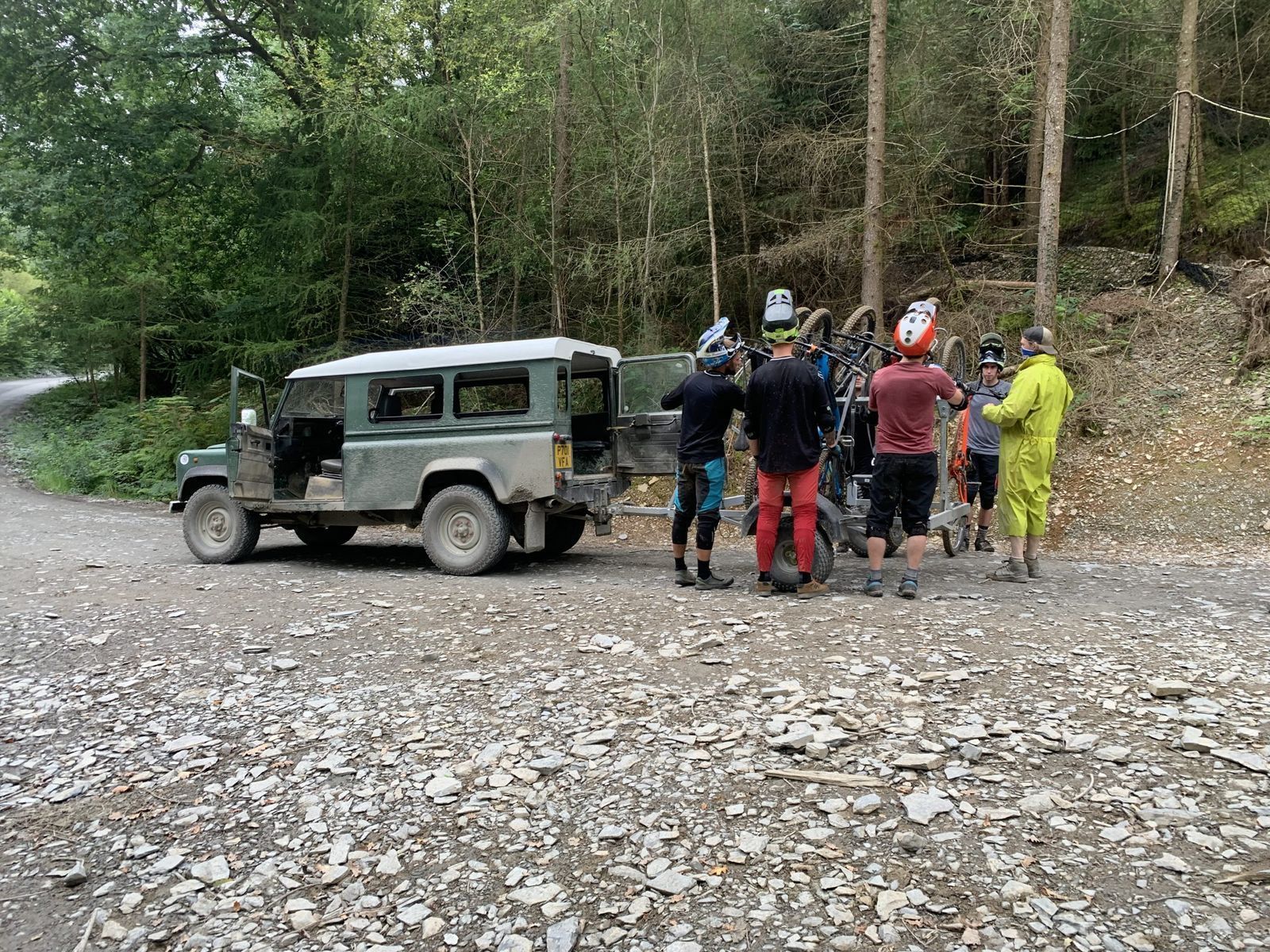
The Policy Stuff
There are plenty of other bike related roles out there that could be ideally suited to those with a policy background or bags of enthusiasm for spreading the good word of bikes. British Cycling and Cycling UK both have extensive staff structures, while land managers such as the Forestry Commission and Natural Resources Wales have a few bike specific roles. With Scotland’s focus on growing cycling as a tourism activity, you’ll also find occasional roles through both the Scottish Government and Developing Mountain Biking in Scotland.
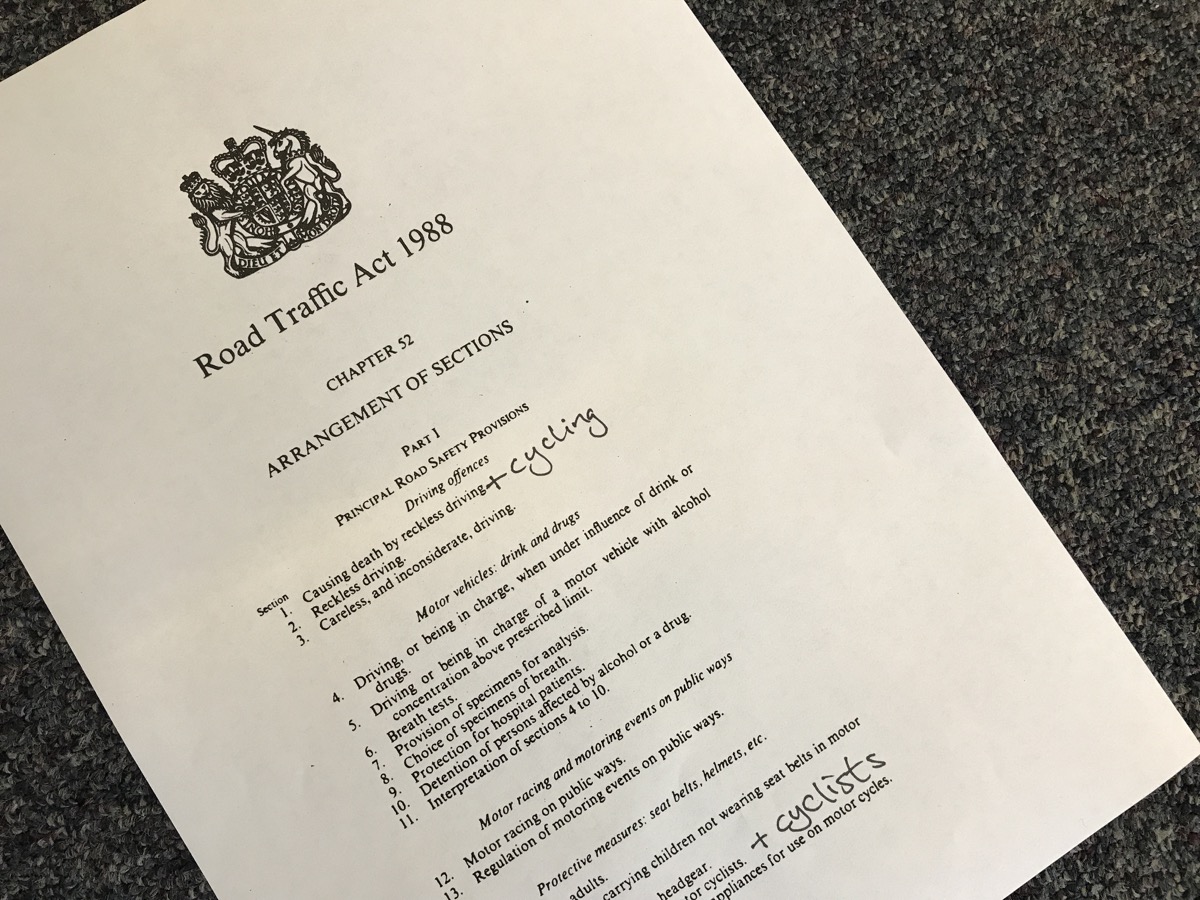
What Qualification Do I Need?
A few of the mechanic roles may require a Cytech qualification, but for many just showing that you know your way around a bike in the workshop will be qualification enough. You’ll perhaps find you need a materials science or engineering degree for some of the product design roles. Beyond that, an enthusiasm for bikes is all you’ll need to add to your existing skills. Spreadsheets, SEO analytics skills, sales patter and an ability to high five convincingly would all stand you in good stead for many roles in the modern bike industry.
How Do I Find Work There?
Hopefully now you’ve seen that there is a world of employment opportunity beyond ‘riding bikes’ and ‘fixing bikes’. Rather than jacking in your comfortable 9-5 job, perhaps you have some transferable skills that you could apply within the context of the bike business? Maybe you’re bored of shuffling spreadsheets in order to sell paperclips, or tired of corporate IT projects – but if you were working to support bike sales perhaps you might get more job satisfaction out of the same skills set? And once you’re there, who knows what other opportunities may present themselves, who you’ll meet, and what you’ll learn? For some more inspiration and ideas, check out this feature where we talked to a range of people about how they ended up in the bike industry.
If there’s somewhere in particular that you want to work for, keep an eye on their website and social media. Any posts available will often be advertised there. And there’s probably no harm in asking, is there? There are three main bike industry job sites that are worth checking out:
Perhaps you’ll see a company or role there that gets you thinking ‘I could do that…’. Good luck!

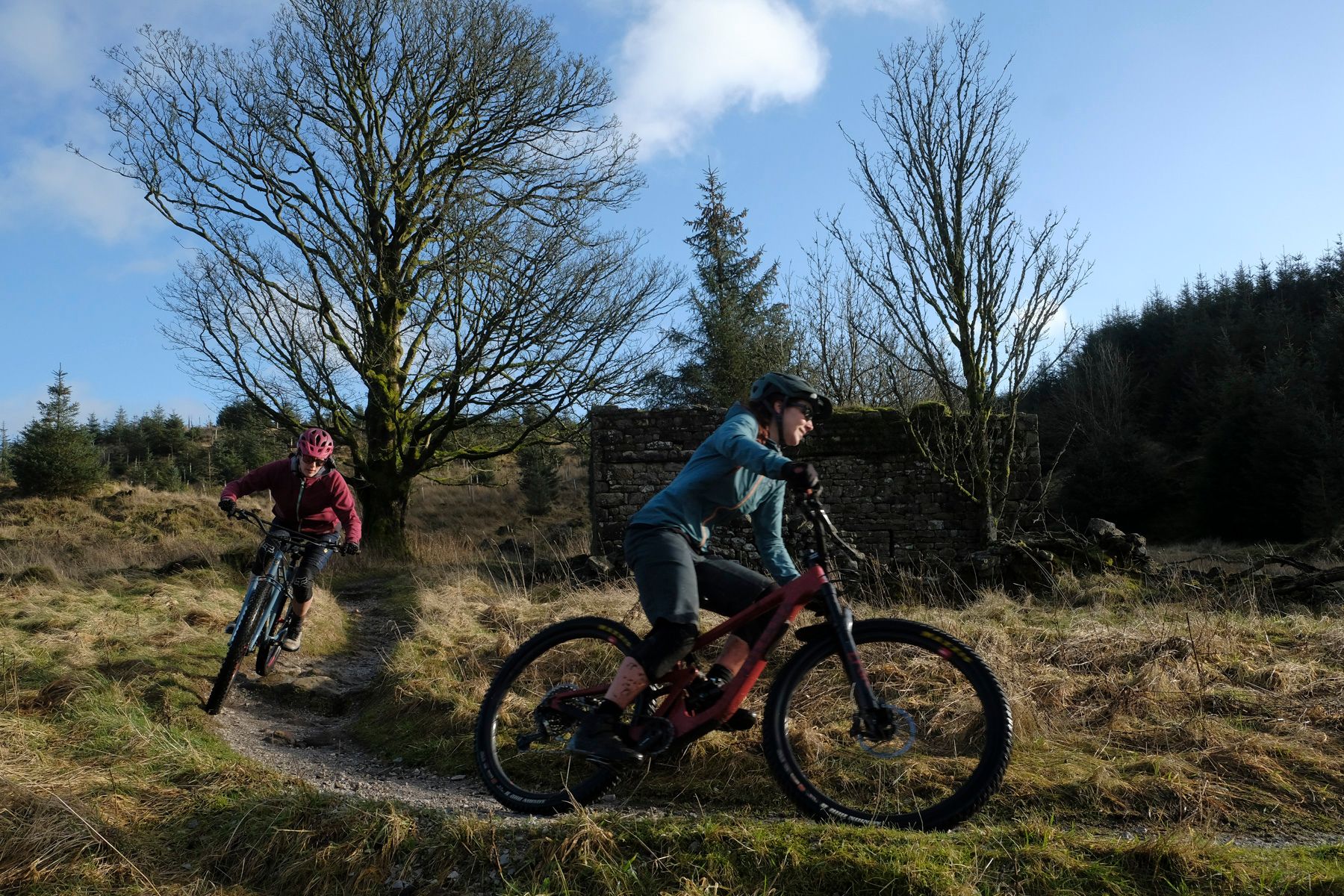




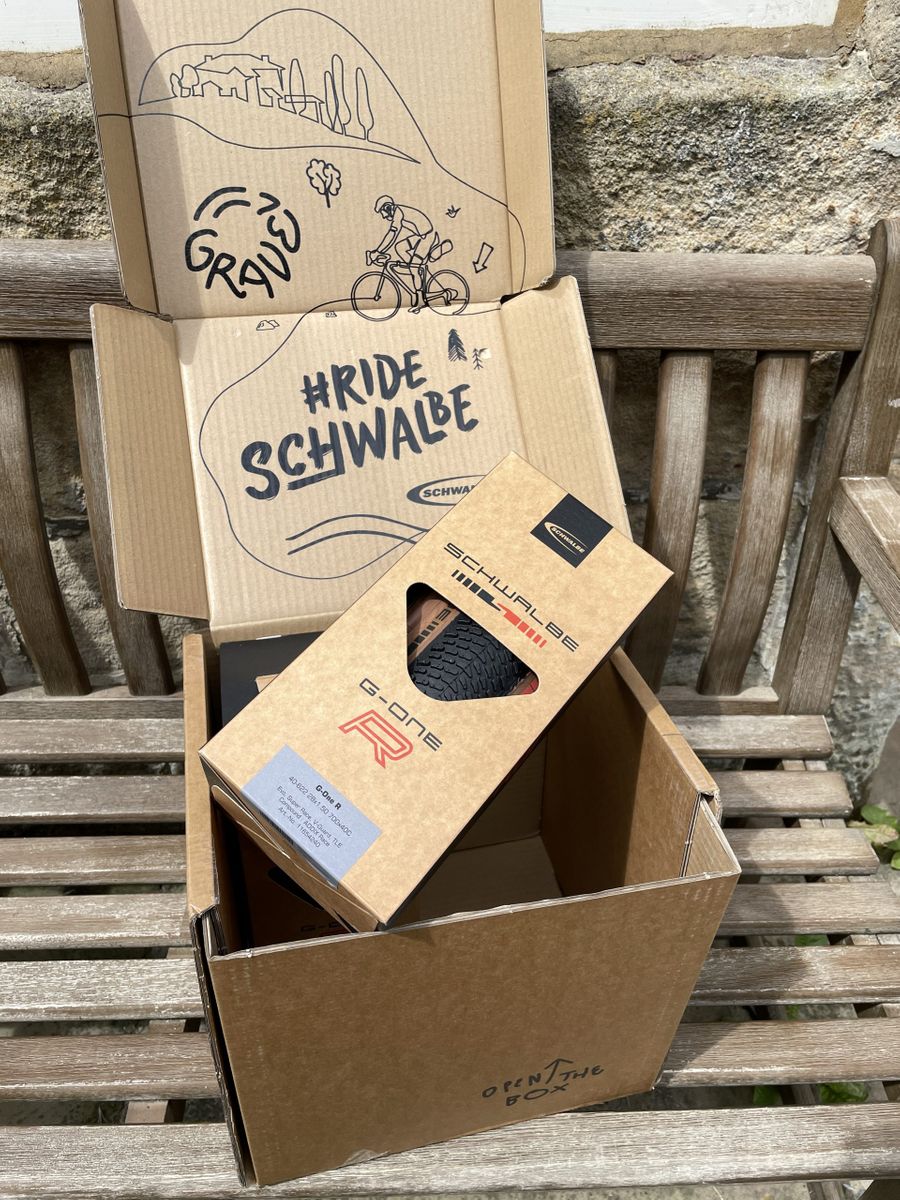
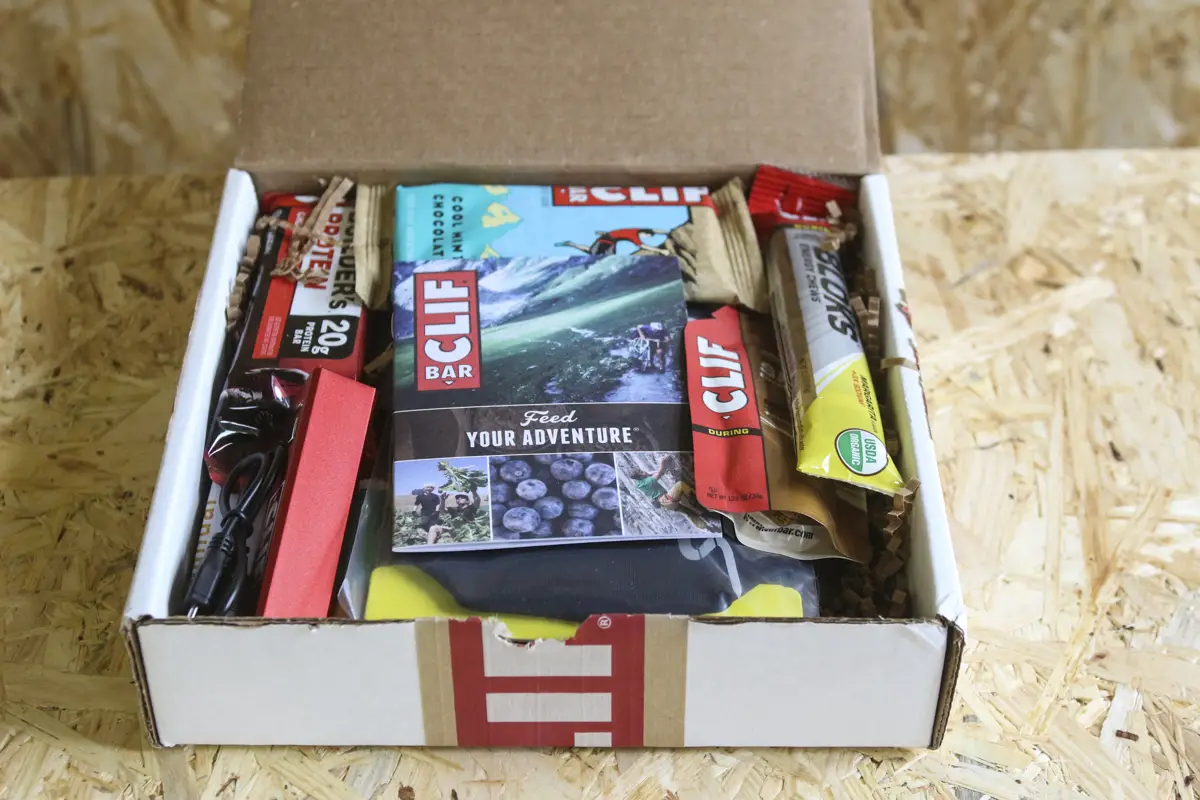
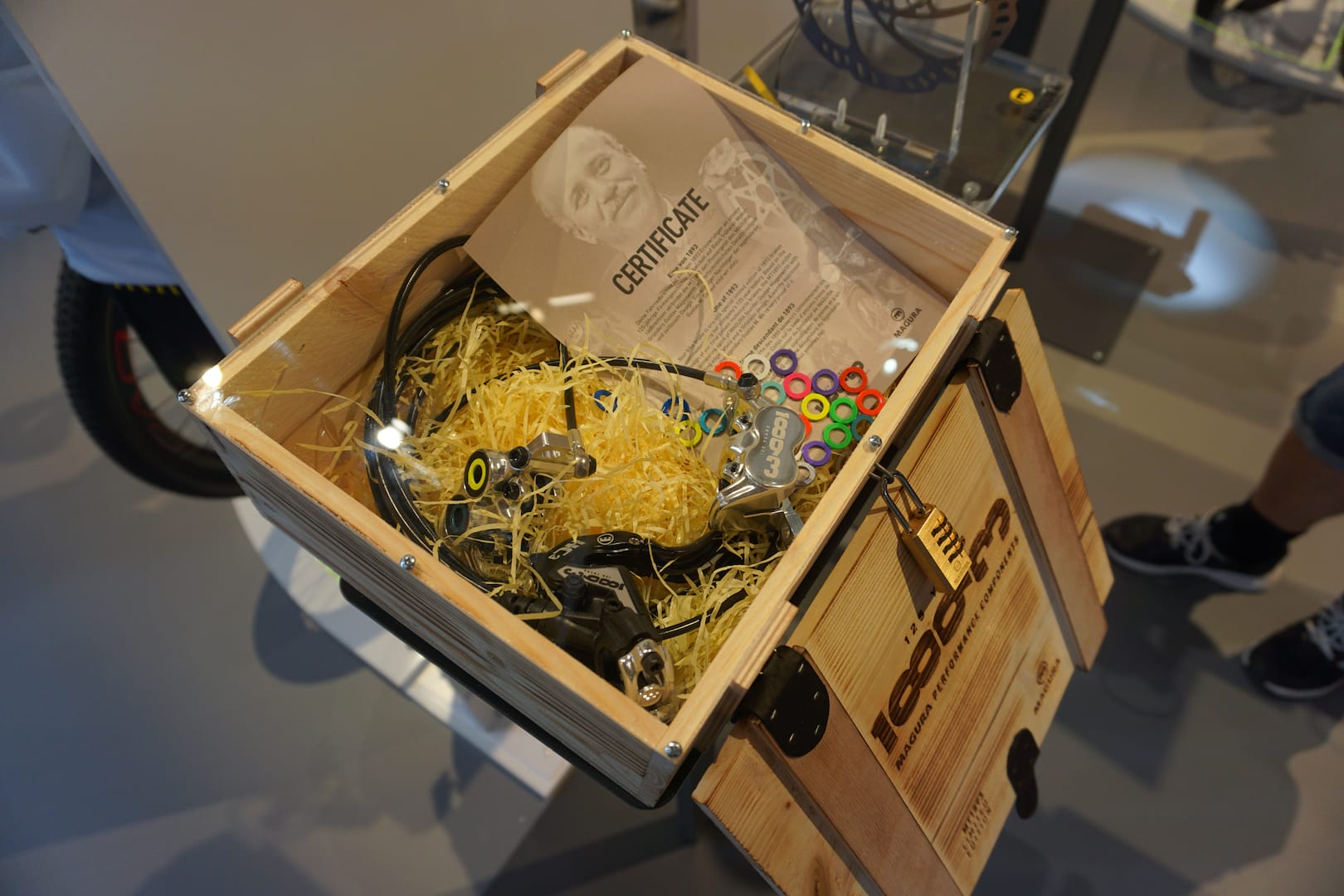

As this is in the members section I hope my comment will be ok.
If not, please feel free to remove it.
I’ve worked in industrial B2B sales and product management for nearly 30 years now. Generally love my job but once made the mistake of being swayed by an advert to sell for a bike manufacturer.
Had one interview, got the job and a week later I was away from my previous job of 12 years. eek.
Anyway, it really didn’t work out for many reasons – most of which I doubt would happen today.
The crux of the story is, be careful going into your hobby as a job. Make sure everything is checked and thought about first.
I’m happy to share my complete story outside of the public eye if anybody is interested.
That is a really great eye opening article. Thank you very much.
As someone who’s previously worked as a bike mechanic and is currently out of work I have indeed looked at getting back into the bike industry recently. Had two interviews for jobs out of seven applications. The biggest barrier to getting back into it though was the wages. Only one of the jobs I enquired about could pay enough to cover my bills (which are low), the rest were just impossible to live on unless you were a young person living with your parents. I’m not just talking about spanner monkey work either. Uplift driver at £8.93/hr but only guaranteed 20 hours a week, sales rep at minimum wage too, trainee mechanics on Apprenticeship wage for 2 years (£4.30/hr!) and shop manager jobs at less then you get to stack shelves at Aldi.
There are decent jobs in the industry but they are few and far between. The majority are low paid and seemingly play on people ‘doing it for the love’ while scraping by. The only ones I’ve seen advertised that pay reasonably well are the office jobs where you could easily go all day without seeing a bike part.
“There are decent jobs in the industry but they are few and far between. The majority are low paid and seemingly play on people ‘doing it for the love’ while scraping by. The only ones I’ve seen advertised that pay reasonably well are the office jobs where you could easily go all day without seeing a bike part.”
Quite possibly the truest thing I’ll read all week. I started in the bike trade in the mid-’90s shop floor sales and then onto mechanic, deputy store manager and store manager. I spent time as an importer and internet retailer. I even ended up as the launch editor for a cycling B2B title and through it all, I was on frankly crap wages. The only upside was cheap kit and working with some truly wonderful people.
My last full-time role in the trade was editing the B2B title and that was basically f*cking me up, never had or have had such a stressful job and during the eight months I was in that role I barely rode my bikes.
I’ve now found a happy balance where I’m working full-time outside of the bike trade and simply writing occasional freelance pieces for cycle trade and consumer titles.
To sum up what it is like to work in the trade take this lyric from Baz Luhrmann’s ‘Sunscreen’ and drop cycle trade in, in place of New York City and Northern California:
Live in New York City once, but leave before it makes you hard
Live in Northern California once, but leave before it makes you soft
I like the reference to paper clip salesperson in the text, CFH would be proud!
Ironically, the one thing that attracted me more than the ‘working with bikes’ aspect of the job I took, was the salary.
Selling BSOs and accessories (very much low end bikes) got me double my previous salary and around £28k a year in 1999. 50% of it was commission and the job itself was torture but, well paid if you could stick it.
I lasted 2 months and 3 weeks before telling the boss to stick his bikes where the sun doesn’t shine 😉
Bike Industry lifer here – weekend shop monkey at uni, and now a brand & product director for a well know brand, plus pretty much every step in between at retail, distributor, manufacturer and e-comm. It’s not a bad life at all, and I earn (now) what i consider to be pretty OK money. But it’s taken over 20 years to get to that point and my mid-twenties were definitely pretty hand to mouth. I do often think about what life ‘outside’ would have been like, and tried to break out a number of times without success. What I will say is that i honestly believe i would ride more if i wasn’t in the industry, and my hobby was literally just that, not my life. I love bikes and riding, but i’m certain that familiarity breeds contempt…
I didn’t write this meaning everyone *should* get a job in the bike industry! It was more to illustrate how things work so maybe people would see possibilities they didn’t know were there. I see a lot of ‘I want to quit my job and work with bikes’ posts on Facebook groups/forums and they’re almost always focussed on the frontline jobs that we see as riders. I hoped to let people see there might be less nuclear options than throwing a whole career away, with perhaps some sideways opportunities.
As for the money – you’ve certainly got to be able to cover your costs, but for the right employer, work/life balance and bike bits discounts then I think a lower salary can work out as a better standard of living. Having done it myself, it’s an interesting exercise to look at how much you spend on getting to/being at work, and how much you spend because you’re too worn out from work to do something yourself/cheaper.